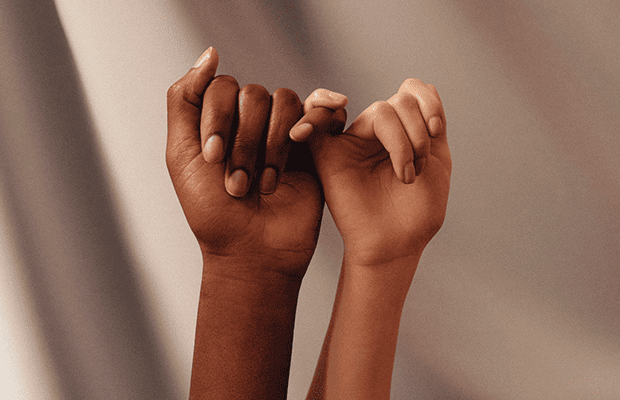On a Year 10 excursion to a school in a country town, we were asked to point out the differences between a ‘city’ and ‘rural’ education. I distinctly remember a student in the front row confidently saying, “Look at them, it’s like playing spot the Aussie!” Through teachers’ and students’ muffled laughs, we were taught to think nothing of it. Blame it on their sheltered upbringing.
I’ve recently been coming to terms with the idea that I grew up quite sheltered. Not in the usual, worldly sense, but rather the opposite. In high school, my friends and I could be involved in and share our cultures with one another, showing off our traditional outfits, bringing food from home, and spending lunchtimes sharing words and phrases in our respective languages. We were part of a racial majority.
Meanwhile, our conversations were enveloped in intra-racial comments using terms such as ‘coconut,’ and ‘you’re such a white girl’, usually brushed off with an awkward laugh. Yet only recently, when someone called me the “whitest brown person they knew”, did I come to realise how flawed this statement was and the effect it had on my cultural identity.
Studying at USYD came as a culture shock. I was now often the only person of colour present in a room (not to mention getting called on whenever an issue of race is discussed in a tutorial), confronted by the fundamental detachment from peers who are so obviously from a different world.
I’ve had tutors in online classes single out Black, Indigenous, and People of Colour (BIPOC) to ask how the pandemic is going “wherever you are”. I’ve been deafened by the long, hesitant pauses followed by an “I’m not even gonna try to pronounce that one” from anyone marking the roll. We’ve been consistently reminded that we are not socially viewed as ‘Australian’ in these spaces, despite the years spent subtly rejecting our cultures in an attempt to grasp at the perfect representation of who we should be.
Coconut. Brown on the outside, white on the inside. It’s a term used to derogatorily refer to a brown person that has been ‘whitewashed,’ or doesn’t represent what is believed to be the norm of what it means to be South Asian. One that is not in touch with their culture in the acceptable ways, from not fluently speaking their mother tongue, to not having a particular affinity for spicy food. Used most commonly by other BIPOC, it’s a damaging, counter-productive idea that reaffirms the stereotype that identity is homogenous.
Friends have justified these comments with statements like “it isn’t meant to be used in a derogatory way” or “it just is what it is”. But it is not what it is. Such statements suggest that whiteness is the ideal. Equating superficial elements with whiteness is problematic when pop culture, slang, aesthetics and beauty standards are often appropriated from the rich cultural heritage of minority communities.
Whiteness continues to receive praise, acceptance, and leniency despite its defining elements being appropriated and gentrified. This is not extended to BIPOC, who are instead vilified and disempowered for aspiring to fit these standards. There is no right way of living as a POC; it is expansive and broad. By calling me white you are erasing my identity and assigning me to a new one as I do not fit the stereotype created in your mind of how my brownness should be presented. Cultural assimilation has always been the expectation, under the guise of celebrating diversity and multiculturalism ‘just enough’. Not so brown that you aren’t seen as Aussie, and not so Westernised that you’re called a coconut.
Shamefully, there used to be a sense of pride in being called “white”. Social structures place whiteness at the top of the pedestal. Being able to ‘water down’ yourself and assimilate has made it easier to be more tolerable for others. Having to sacrifice and reject your cultural identity to feel accepted, validated and valued within a white society. This harm has been accumulating our whole lives, and now years of healing and unlearning lie ahead.
In the years since high school, old friends now introduce themselves using the correct pronunciation of their name, ones that we, even being from the same cultural background, were implicitly taught not to use at school. It’s subtly laughed off with an “I’m not a coconut anymore!” As though making our identities more palatable by Anglicising our names wasn’t an attempt at survival.
We’re all still working to overcome our internalised racism, in the midst of constantly searching for familiarity and normalcy. We’re uncovering all the incessant micro-aggressions that have been so normalised for so long. Years of taking on others’ ‘sheltered’ perspectives as our burdens to carry, now wrapped in guilt and shame for not noticing sooner.
Our relationships with our cultural identity are works in progress. We don’t need to validate our brownness to anyone, so stop trying to take it away from us. We are brown on the outside and brown on the inside.





